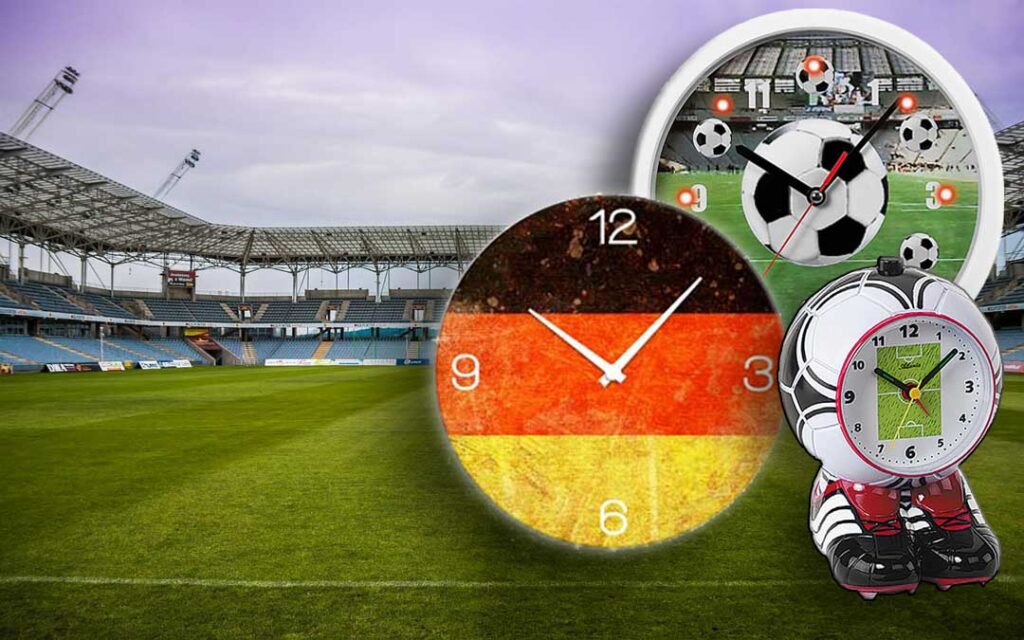This Sunday, the lectionary invites us to ponder Mark 13:24-37.[1] The English Standard Version (ESV) breaks the passage into three sections: The Coming of the Son of Man, The Lesson of the Fig Tree, and No One Knows That Day or Hour.
The Coming of the Son of Man (24-27)
The first two verses tell us Jesus said, “In those days, after the tribulation, the sun will be darkened, and the moon will not give its light, and the stars will be falling from heaven, and the powers in the heavens will be shaken.” (See also Peter’s speech in Acts 2:19.)
How are we to understand the darkening of the sun and the moon and the falling of the stars? Does it mean all will freeze? What is “the tribulation”?
From verses 1-23, we know the context is the destruction of the Temple, and the end-time, the period before the judgment, which we heard last Sunday, from Matthew (see He Will Separate People One from Another).
From Revelation 21:1-2, we know there will be “a new heaven and a new earth … the new Jerusalem, coming down out of heaven from God, …”
From Isaiah 64:1, as the lectionary reminds, we know God will “rend the heavens and come down” and be gracious to his people (64:9).
From verses 26-27, we know Jesus applied to himself imagery from the book of Daniel: He referred to himself as “Son of Man,” and spoke of “coming in clouds” (Daniel 7:13) to “sit in judgment” (Daniel 7:10).
How do these four passages – Mark’s context, Revelation’s new Jerusalem “coming down,” and the words of Isaiah and Daniel – help us understand the gospel reading?
The four passages lead us to expect two events. The first is in the immediate future of the apostles. It’s the destruction of the Jerusalem Temple. The second is in the distant future. It’s of cosmic proportions. It’s a judgment from which none will be excluded. It’s the judgment I discussed last week. It’s the freezing of time, not of temperature.
Now, let’s talk about “the tribulation” which must happen before the judgment? Is it in the past? Is it the present? Is it yet to come?
The answer is “yes to all.”[2] “Tribulation” signals great hardship and soul-searching. As I write this, Israelis are suffering from the invasion of 7 October. They’re experiencing tribulation. Palestinians are suffering from the Israeli response since 7 October. They’re experiencing tribulation.
After Adam and Eve were expelled from Eden, there has never been a time without tribulation. Even Jesus and his inner circle, the 12 apostles, suffered tribulation before, during and after their life together.
The world was sent on a downward spiral. Until the turning point. Until the death and resurrection of Jesus, until the destruction of the Jerusalem Temple. Until the focal point of all the nations changed from Jerusalem to Jesus. Now, Jesus is rejuvenating, renovating, reconstructing all things.
The Lesson of the Fig Tree (28-31)
Bible scholar Frank Gaebelein captures the essence of the parable of the fig tree. He says it’s an antidote to despair. He writes “In contrast to the sufferings and persecutions promised in the previous verses, here the prospect of the coming of the Son of Man is offered.”
The media are prone to reporting negatives. Pictures of destruction, rantings of cruel bigots, wailing of children, to gain viewers. Stories of heroism, of doctors saving lives, gain viewers. Such stories cover short spans of time and can be told in short narratives. They gain viewers.
No One Knows That Day or Hour (32-37)
But we’re called to be agents in long narratives – stories which people don’t care to read, don’t share. Stories of seeding, knowing, waiting. Stories which don’t gain viewers.[3] This is what verses 32-37 are all about. We’re called to be doorkeepers. Doorkeepers in public spaces. Doorkeepers whose job is to signal that the King will surely return.
Gaebelein reminds us of what two other Bible scholars wrote:[4]
C F D Moule. New Testament thought on the Last Things … does not say, how long will it be before the last whistle blows full-time? Rather it says, where ought I to be to receive the next pass? What really matters is that the kick-off has already taken place, the game is on, and we have a captain to lead us on to victory.
Beasley-Murray: Signs, like the fig tree, are an indication of promise, not a clock.
We are called to be doorkeepers, to publicly show that we expect the return of the judge, the king, for the final judgment. We live in airwaves stuffed with chains of short stories of hate and destruction. Do we respond with long narratives of a loving, searching, finding, judging God?
The fig tree is not a footballers’ clock.
[1] Mark 13 is called the Olivet discourse, since it was spoken on the Mount of Olives (verse 2).
[2] In his 2002 commentary on Mark, James Edwards reminds us that Bible scholar C E B Cranfield wrote “It was, and still is, true to say that the Parousia is at hand…. Ever since the Incarnation men have been living in the last days.”
[3] Like my columns!
[4] I’ve condensed the Moule quote.
To learn more about Rama, click here.


